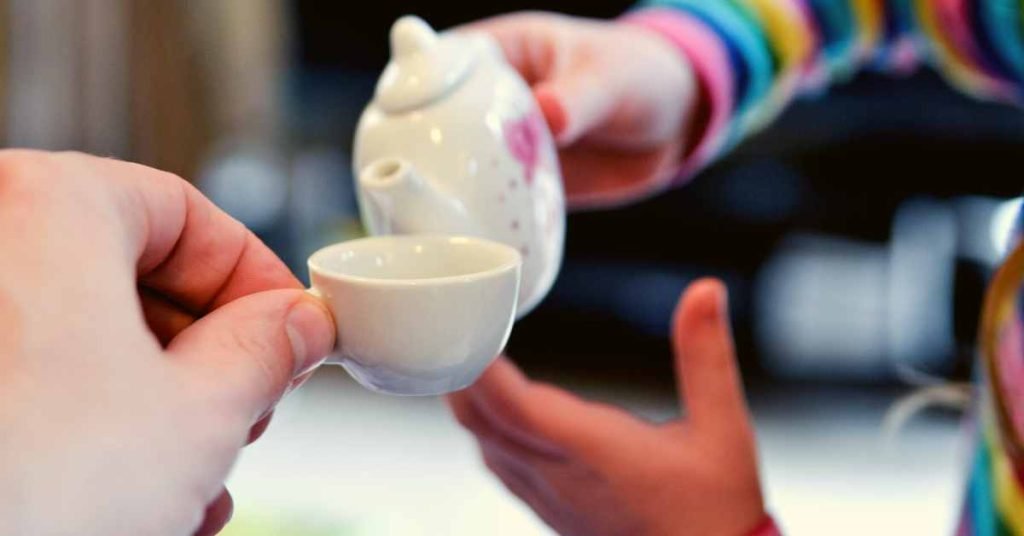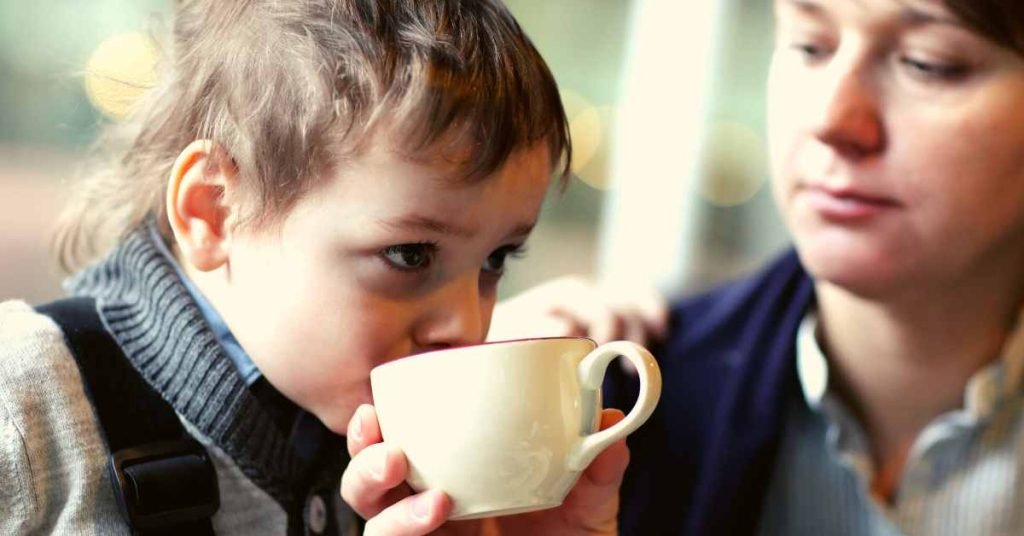In the bustling world of parenting, the quest for ways to enhance cognitive function in small children is an ongoing journey.
One often overlooked but potent ally in this quest is tea. While commonly associated with relaxation and adult indulgence, tea has a range of benefits that extend to the developing minds of young children.
This article explores the ways in which tea can positively impact cognitive function in small children, shedding light on its nutritional content, potential therapeutic effects, and suitable varieties for young ones.
The Nutritional Powerhouse

Tea, be it green, black, or herbal, is rich in antioxidants, polyphenols, and other beneficial compounds.
These components contribute to the nutritional profile of tea, making it a valuable addition to a child’s diet.
Antioxidants, such as catechins found in green tea, have been linked to neuroprotective effects, safeguarding the brain from oxidative stress, which is crucial for optimal cognitive development.
Polyphenols, another class of compounds abundant in tea, have been associated with improved cognitive function.
These bioactive molecules have anti-inflammatory properties and can potentially enhance blood flow to the brain, supporting neural activity and growth.
Enhancing Cognitive Function
Improved Concentration and Focus:
Tea contains L-theanine, an amino acid that is particularly abundant in green tea. L-theanine has been found to have a calming effect on the brain by increasing the production of alpha waves.
These waves are associated with relaxation and improved attention. For small children, especially those in the early stages of learning, enhanced concentration can be a game-changer.
Memory Boost:
The combination of caffeine and L-theanine in tea has been shown to positively impact memory and learning. While caffeine provides a mild stimulant effect, L-theanine counterbalances this by promoting a state of relaxed alertness.
This combination creates an optimal environment for memory consolidation, potentially aiding children in retaining information more effectively.

Stress Reduction:
Childhood can be a time of emotional ups and downs, and stress can impact cognitive development.
Tea, with its calming properties, can help alleviate stress in children. The ritual of preparing and sipping on a warm cup of chamomile tea can also serve as a comforting routine, promoting emotional well-being.
Enhanced Brain Plasticity:
Polyphenols found in tea may play a role in promoting neuroplasticity, the brain’s ability to adapt and form new connections.
This is especially crucial during the formative years when the brain is rapidly developing and shaping its neural networks.
Tea’s potential to support neuroplasticity could contribute to improved cognitive flexibility and problem-solving skills in small children.
Choosing the Right Tea for Children
Not all teas are created equal, and considerations must be made when introducing tea to small children. Here are some guidelines for selecting teas that are safe and beneficial for young minds:
Herbal Infusions:
Herbal teas, such as chamomile and mint, are caffeine-free and can be a gentle introduction to the world of tea for children. Chamomile, in particular, is known for its calming effects and may aid in promoting better sleep, an essential factor in cognitive development.
Green Tea:

Green tea is rich in antioxidants and L-theanine but contains lower levels of caffeine compared to black tea. Opting for decaffeinated green tea or diluting it with water can make it a suitable choice for children.
Avoiding Excessive Caffeine:
While some caffeine can have cognitive benefits, excessive consumption can lead to negative effects, such as restlessness and disrupted sleep. It’s essential to monitor the caffeine content in the chosen tea and ensure it aligns with the recommended limits for children.
Final Word
Tea, with its rich nutritional content and potential cognitive benefits, can be a valuable addition to the toolkit of parents seeking to support their children’s cognitive development.
From enhanced concentration and memory to stress reduction and neuroplasticity, the components found in tea offer a holistic approach to nurturing young minds.
As with any aspect of child development, moderation is key. It’s crucial for parents to consult with healthcare professionals before introducing tea into a child’s diet, especially for those with specific health considerations.
When approached mindfully, incorporating tea into a child’s routine can be a delightful and healthful way to contribute to their cognitive well-being.
MEDICAL DISCLAIMER
Itsnevernotteatime.com cannot and does not contain medical/health advice. The medical/health information is provided for general and educational purposes only and is not a substitute for professional advice.




